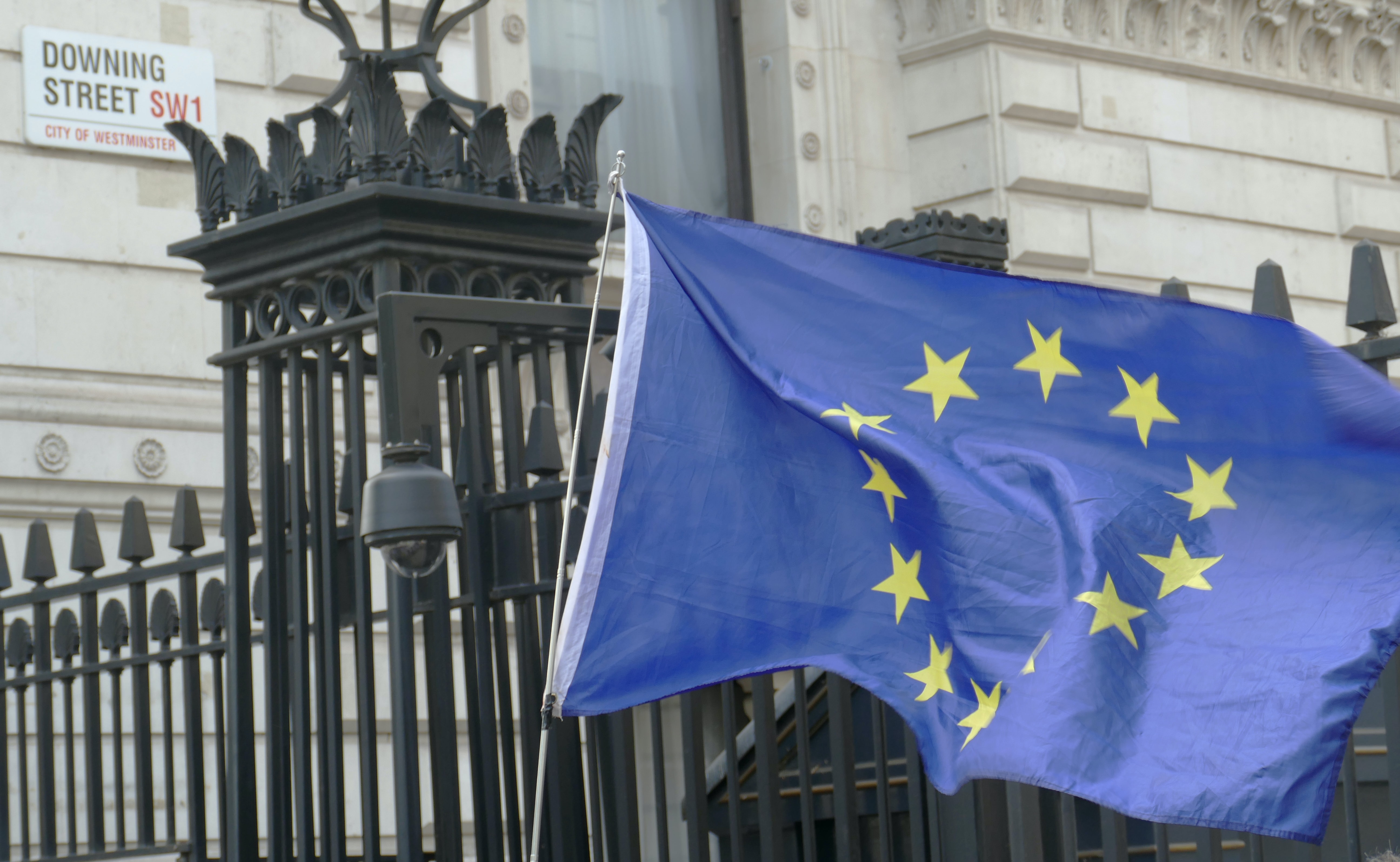
Brexit
Much has changed since the UK officially withdrew from the European Union on January 31st, 2020. The unprecedented challenges caused by the COVID-19 global pandemic have impacted on Brexit preparations, as businesses locally and internationally have been forced to respond to the dramatic disruption experienced by markets globally. As many territories continue to come to terms with COVID-19 and businesses begin to focus the post-pandemic recovery, Brexit has gradually returned to the agenda for corporates with UK, EU and Irish business interests.
As the transition period nears its conclusion, it is an opportune time to revisit your Brexit strategy, ahead of the impending December 31st deadline, at which point the Transition Period will end. While uncertainty continues to swell and shroud the Brexit conversation, there are a number of focus areas to consider to ensure your business is Brexit-ready over the next couple of months.
Trade, Tax and Customs
Significant issues remain unresolved around trading, and while discussions are ongoing, the uncertainty continues to loom large by the day as neither party looks closer to agreeing terms.
The importance of nurturing relationships with customs authorities cannot be understated in any case, especially given the growing risk that the UK might default to WTO terms on January 1st, 2021. For companies that will be importing and exporting, ensure you have relevant UK and EU Economic Operators' Registration and Identification (EORI) numbers in place to ensure you can continue to move products between the UK and EU post-Brexit.
The UK also recently released its draft tariff schedule, which outlines the duty rate applied to goods entering the UK from third countries. If the EU and UK fail to ratify a free trade agreement (FTA) by January 1st, it is likely that many products shipped from Ireland and other EU member states to the UK may be subject to customs duty.
The UK has also released details of its Northern Ireland (NI) protocol which outlines trade going from Great Britain (GB) into NI will not be subject to tariffs or at least will be reimbursed once the goods remain within the UK customs territory. However, should goods ultimately enter Ireland or the EU, they will be subject to tariffs. It is important that companies are up-to-speed on how these proposals will impact on their trading plans, as additional tariffs will naturally redefine the trading relationship.
It is also important to reassess the possible VAT implications and how this may cause complications for your supply chain in addition to those arising from the customs dilemma. Will your business incur VAT on purchases from the UK? Or indeed, will your business have to charge UK VAT on sales to customers in the UK? As the transition period rolls on, now is the time to stress test your strategy.
Movement of people
Brexit has already accelerated the movement of people and operations to and from Ireland. Some companies have looked to Ireland as the ideal location to do business from, in order to retain their European headquarters within the EU. Ireland is considered primary real estate when benchmarked against its European counterparts, due to its corporate Tax structure, elite talent pool and top infrastructure, among other attributes. Some Irish companies have also identified opportunities in new markets and opportunities that have opened up overseas in respect of Brexit. Whether yours is an indigenous company based in Ireland, or an international enterprise looking at Ireland as your new post-Brexit European home, or indeed, a business with international concerns that is already based in Ireland, there are several considerations to take into account when it comes to the movement of personnel which include:
Managing payroll compliance in respect of UK Business travelers – it is expected we will see a significant rise in short term business travelers, so it will be important to understand obligations around Irish PAYE;
EU social security rules will expire on December 31st, at the end of the Transition Period and although similar rules will be introduced and disruption will be limited, it is important to plan ahead with regards new applications having to be made under the Ireland-UK Bilateral Agreement on Social Security;
Companies that promote international placement programmes for work experience purposes may need to reassess their protocol in light of UK workers.
How we can help
Irish businesses have endured unforeseen challenges in 2020, as have businesses abroad. In a pandemic climate, the risk of a ‘hard’ Brexit becomes increasingly challenging to contend with. The past eight or so months have changed the way businesses think and operate and we believe this increased focus on agility will prove a major factor for Brexit-ready businesses heading into the final stages of the Transition Period.
Our advisory team have assisted a variety of businesses from a broad cross-section of sectors in getting to grips with the Brexit challenge, against the backdrop of the unprecedented COVID-19 pandemic. Our international reach through the HLB Global network means we are well placed to advise on Tax affairs both locally and internationally.
Ireland remains a top choice for FDI businesses and as the post-Brexit world looms, our specialist team have the experience and knowledge to assist companies that are aiming to land and expand their operations.

If you would like to discuss your Brexit strategy or if you have any questions about the immediate challenges facing your business, please contact us to arrange an introductory call or meeting with one of our Brexit specialist advisors.
If you would like to discuss your Brexit strategy or if you have any questions about the immediate challenges facing your business, please contact us to arrange an introductory call or meeting with one of our Brexit specialist advisors.



